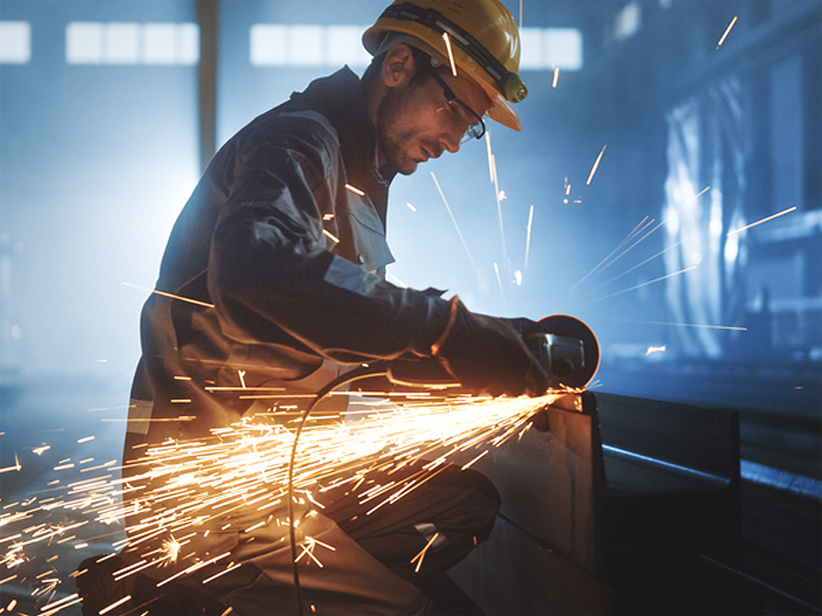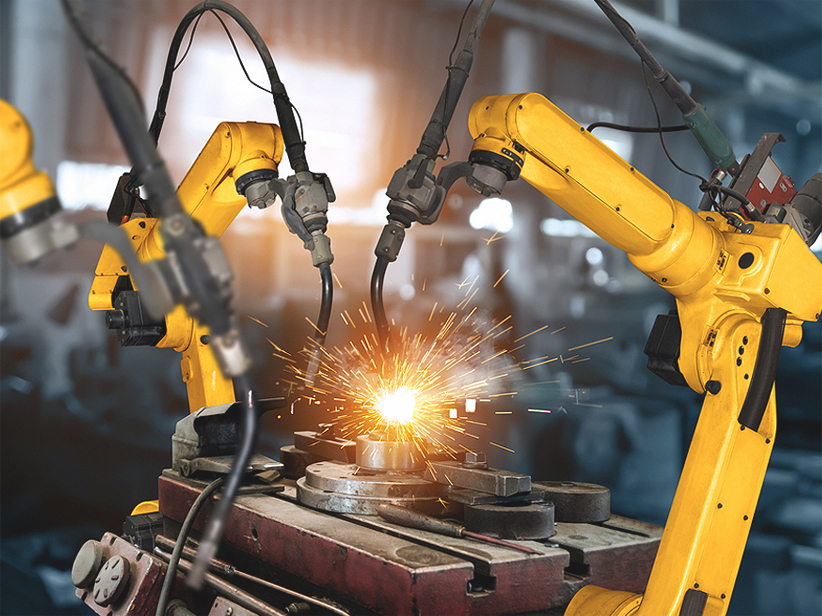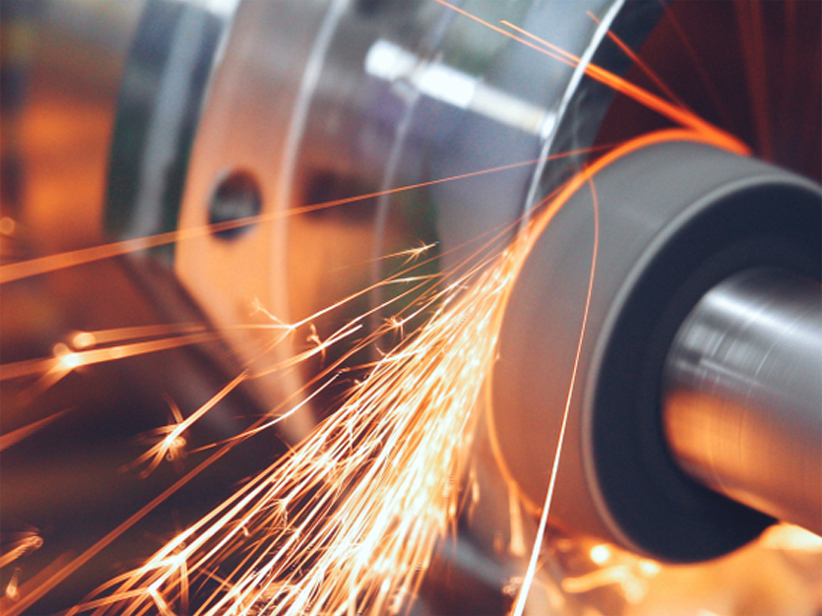Stainless Steel - Grade 347 / 1.4550
Description
Stainless Steel Grade 347/1.4550 is an austenitic stainless steel alloy designed to provide superior resistance to intergranular corrosion after exposure to high temperatures. It is stabilized with tantalum and niobium to prevent carbide precipitation during welding and other high-temperature processes. This grade is suitable for applications involving elevated temperatures, such as those found in the chemical, petrochemical, and power generation industries.
Chemical Composition
- Chromium (Cr): 17.0 - 19.0%
- Nickel (Ni): 17.0 - 19.0%
- Tantalum (Ta): ≤ 0.10%
- Molybdenum (Mo): 1.0 - 2.0%
- Silicon (Si):≤ 1.0%
- Manganese (Mn): ≤ 2.0%
- Niobium (Nb): 10 x C - 1.0%
- Carbon (C): ≤ 0.030%
- Phosphorus (P): ≤ 0.045%
- Sulfur (S): ≤ 0.030%
Mechanical Properties
- Tensile Strength: 75,000 psi (515 MPa)
- Yield Strength: 30,000 psi (205 MPa)
- Elongation: 40% (in 50 mm)
- Hardness (Rockwell B): 80
Thermal & Physical Properties
- Density: 0.29 lb/in³ (8.03 g/cm³)
- Melting Point: 0.50 J/g•K
- Thermal Conductivity: 9.4 W/m•K
- Specific Heat: 0.50 J/g•K
- Coefficient of Thermal Expansion: 16.0 µm/m•K (32-100°C)
Other Designations
- UNS:S34700
- DIN: 1.4550
- JIS: SUS 347
- AISI: 347
Fabrication and Heat Treatment
- Welding: Excellent weldability using standard welding techniques. Preheat and post-weld heat treatment are generally not required due to its stabilization.
- Machining: Good machinability with standard tools.
- Forming: Can be cold-formed, hot-formed, or stamped using standard techniques.
- Heat Treatment: Solution annealing at 1,900°F to 2,100°F (1,040°C to 1,150°C) followed by rapid cooling. This treatment ensures proper stabilization and optimal mechanical properties.
Applications
- Chemical Processing: Components in reactors and other high-temperature, corrosive environments.
- Petrochemical: Equipment and piping exposed to high temperatures and corrosive substances.
- Power Generation: Parts of boilers, exhaust systems, and other high-temperature components.
- Aerospace: Engine components and exhaust systems.
- Heat Exchangers: Used in high-temperature heat exchangers where resistance to oxidation and scaling is necessary.
Supplied Forms
- Bars:
- Forgings
- Wires
Features
- Enhanced Corrosion Resistance: Excellent resistance to intergranular corrosion, making it suitable for high-temperature applications.
- Stabilized Composition: Addition of tantalum and niobium prevents carbide precipitation, maintaining strength and toughness.
- High Strength and Ductility: Provides good mechanical properties even at elevated temperatures.
- Good Weldability: Can be welded using conventional techniques without the need for additional heat treatments.
- Temperature Tolerance: Maintains its mechanical properties and resistance to oxidation at high temperatures.






